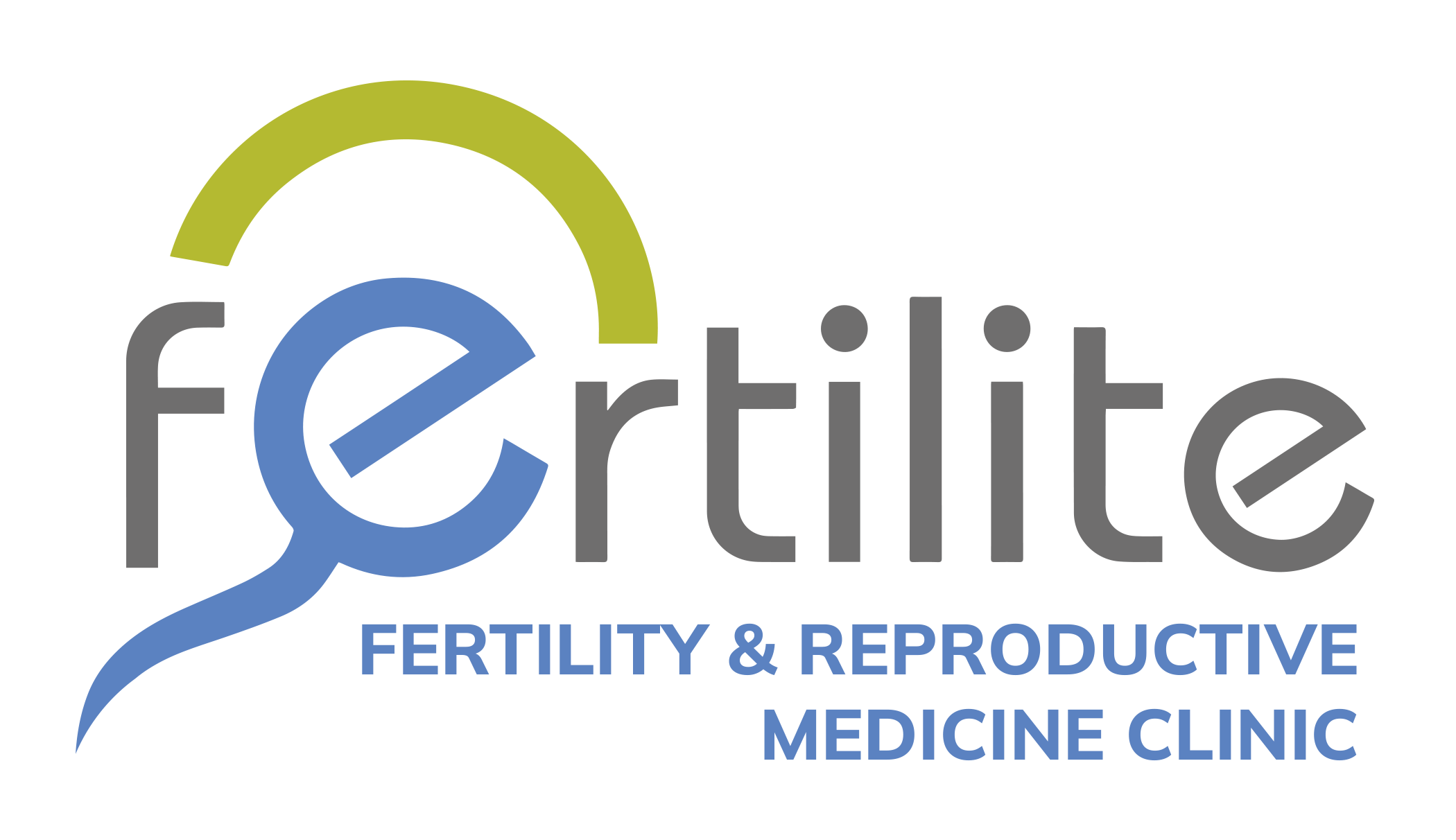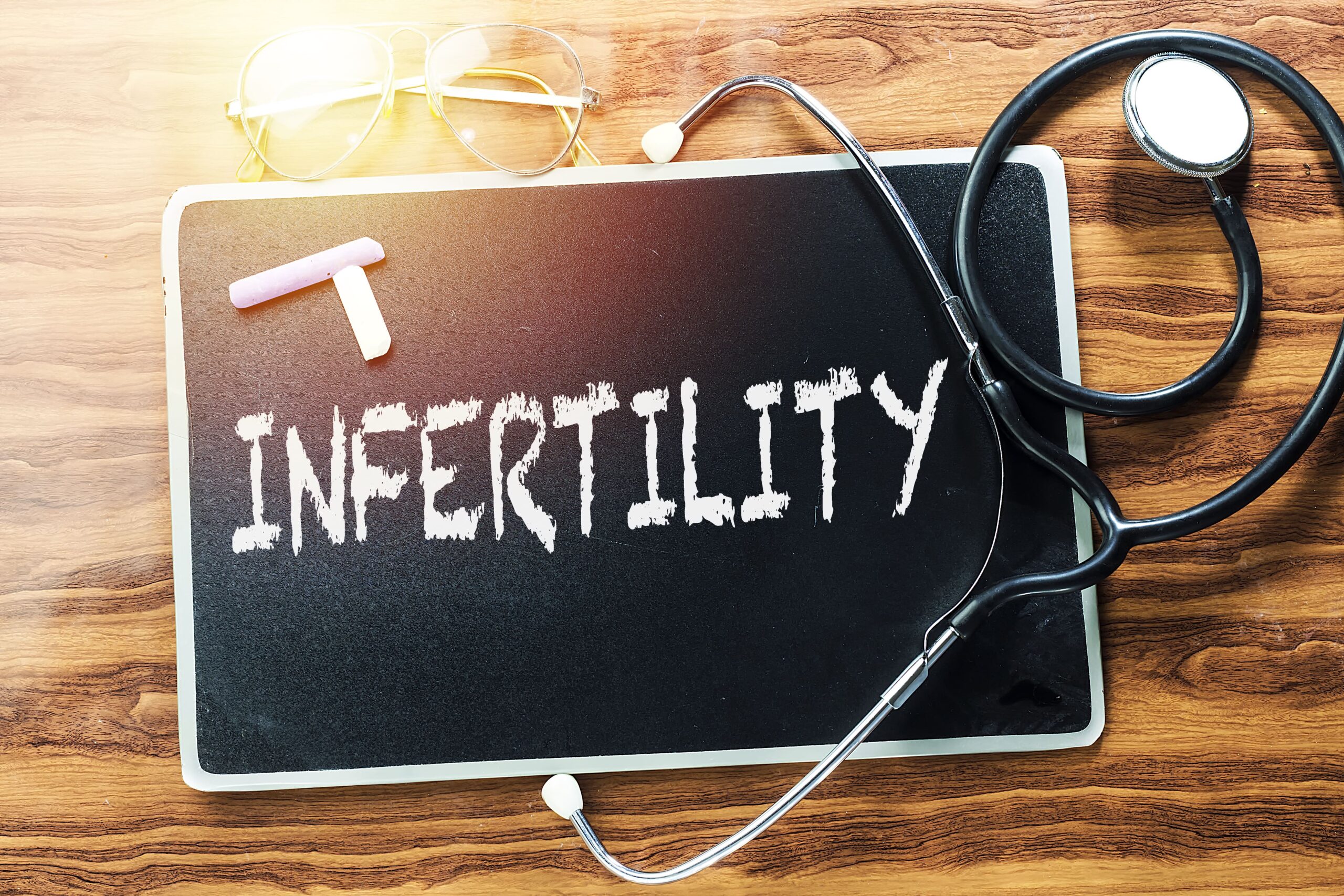The journey to parenthood can be both exciting and challenging, especially when conception doesn’t happen as expected. For many couples, the path begins with Infertility Testing — a vital step in identifying potential causes and determining the best treatment options.
Infertility, defined as the inability to conceive after a year of regular, unprotected intercourse, affects approximately 15% of couples worldwide. This prevalent issue underscores the critical importance of thorough and accurate testing to identify underlying causes and develop targeted treatment plans. By understanding the nuances of infertility testing and the qualities that distinguish exceptional clinics, you can make informed decisions that may significantly impact your fertility journey.
Many patients living near San Diego or near Chula Vista seek high-quality clinics, both locally and across the border in Tijuana, for comprehensive testing and care.
This guide explores the world of fertility diagnostics, explains the different infertility tests available for men and women, highlights what makes a great fertility clinic, and helps you make informed choices about where and how to begin your journey toward parenthood.
The Importance of Testing
Infertility Testing plays a crucial role in pinpointing specific reproductive health challenges and guiding doctors toward effective treatment strategies. Patients looking for treatment near San Diego or near Chula Vista may find convenient access to top clinics that provide both in-person and remote support.
Types of Infertility Tests for Women
Female fertility testing typically involves evaluating hormonal balance, egg quality, and reproductive anatomy. The main tests for infertility in women include:
1. Ovulation Testing – Tracks ovulation patterns through basal body temperature, ovulation predictor kits, or blood tests.
2. Infertility Hormone Test – A blood-based infertility hormone test measures levels of essential reproductive hormones, such as:
- Follicle-Stimulating Hormone (FSH)
- Luteinizing Hormone (LH)
- Estradiol
- Progesterone
- Anti-Müllerian Hormone (AMH)
These tests provide insight into ovarian reserve and reproductive health.
3. Imaging and Structural Tests
- Transvaginal Ultrasound: Assesses the uterus and ovaries.
- Hysterosalpingogram (HSG): Evaluates fallopian tube openness.
An infertility genetic test can identify inherited conditions that may affect egg quality, ovulation, or implantation, allowing for more personalized treatment planning.
Types of Infertility Tests for Men
Male fertility issues contribute to nearly half of infertility cases. Common infertility tests for men include:
1. Semen Analysis – Evaluates sperm count, shape, motility, and overall quality.
2. Hormone Testing for Male Infertility – Checks testosterone, FSH, and LH levels, which influence sperm production.
3. Infertility Genetic Test for Men – Assesses genetic abnormalities (e.g., Y chromosome microdeletions) that may impair sperm development or function.
The Role of Comprehensive Testing for Both Partners
Since both male and female factors contribute to infertility, it’s essential that both partners undergo a complete test for infertility. This ensures accurate diagnosis and effective, tailored treatment. Clinics accessible to patients near San Diego or near Chula Vista in California often offer coordinated testing for both partners.
Characteristics of the Best Infertility Testing Clinics
When searching for the right clinic, look for these key features that distinguish top fertility centers:
1. Advanced Diagnostic Equipment – Modern clinics invest in high-resolution imaging systems, precise hormone analysis tools, and genetic testing technology to ensure accurate results.
2. Comprehensive Testing Protocols – Leading centers offer a full range of infertility tests, including hormonal, genetic, and imaging diagnostics, following evidence-based medical protocols.
3. Experienced Reproductive Endocrinologists – Board-certified specialists in reproductive endocrinology provide expertise in interpreting test results and recommending appropriate treatments.
4. On-Site Laboratories – Having an accredited in-house lab allows for faster, more reliable test processing and seamless communication between physicians and lab staff.
5. Multidisciplinary Approach – Top clinics often include urologists, endocrinologists, and genetic counselors to ensure a holistic understanding of each patient’s fertility profile.
How to Choose the Right Infertility Testing Clinic
Factors to Consider
- Clinic Reputation and Success Rates: Research reviews, published data, and patient testimonials.
- Range of Tests Offered: Ensure the clinic requests both standard and advanced tests, such as hormone panels and genetic tests for infertility.
- Staff Qualifications: Confirm the expertise of fertility doctors and embryologists.
- Location and Accessibility: Choose a clinic that’s easy to reach, as multiple visits may be required.
Questions to Ask Before Choosing a Clinic
- What types of infertility tests do you offer?
- How long does the testing process take?
- Do you provide emotional support or counseling?
- What are your costs and payment plan options?
Infertility Testing Process: Step-by-Step
1. Initial Consultation – Discuss your medical history, reproductive goals, and previous attempts at conception with a fertility specialist.
2. Personalized Testing Plan – Your clinic will create a customized plan, including hormonal, genetic, and imaging tests based on your needs.
3. Testing Phase – Undergo the scheduled procedures and lab tests, typically over one or two menstrual cycles.
4. Interpretation of Results – Your doctor reviews your test for infertility results in detail, explaining their implications for your fertility health.
5. Next Steps and Treatment Options – Depending on the findings, your specialist may recommend medication, lifestyle changes, or advanced treatments such as IVF.
Understanding Infertility Testing Costs
The cost of infertility testing can range from $1,000 to $5,000 USD, depending on the complexity of the tests and the clinic’s location. Testing is typically more affordable in destinations like Tijuana, Mexico, which is conveniently accessible to patients near San Diego or Chula Vista.
- Hormone Tests: $100–$300
- Semen Analysis: $50–$150
- Genetic Testing: $400–$1,000+
Insurance and Payment Options
Many insurance plans cover diagnostic testing but not treatment. But it also depends on where you like to perform the tests.
After Testing: Your Next Steps
Once you have your results, your fertility specialist will:
- Explain what your results mean
- Outline treatment options tailored to your diagnosis
- Discuss next steps, such as IUI, IVF, or hormone therapy
Comprehensive infertility testing is the foundation of successful fertility treatment. Understanding your results helps you make informed decisions about your reproductive future. Patients near San Diego and near Chula Vista benefit from clinics that combine accessibility with advanced diagnostic care.
About Fertilite Center
Fertilite Center is a leading fertility clinic renowned for its comprehensive approach to infertility testing and treatment. Serving patients near San Diego, Chula Vista, and Tijuana, the center combines advanced diagnostic technology with personalized care to help couples navigate their journey to parenthood. Fertilite Center offers a full range of infertility evaluations, including hormone panels, genetic testing, imaging studies, and semen analysis. Their team of board-certified reproductive endocrinologists, urologists, and genetic counselors works together to provide a holistic, evidence-based approach to fertility care. With on-site laboratories, streamlined testing protocols, and compassionate patient support, Fertilite Center is dedicated to helping individuals and couples make informed decisions and achieve successful outcomes on their path to building a family.
Conclusion
Choosing the right clinic for infertility testing is one of the most important steps in your journey toward parenthood. By understanding different infertility tests, evaluating clinic quality, and preparing emotionally and financially, you empower yourself to make informed, confident decisions.
Whether you’re just beginning or seeking a second opinion, remember — comprehensive testing is the cornerstone of effective fertility treatment and the first step toward making your dream of having a child a reality.
Frequently Asked Questions (FAQs)
1. What is included in infertility testing?
–Infertility testing typically includes hormone level tests, semen analysis, imaging tests, and genetic screenings to identify potential reproductive issues in both partners.
2. Can you test infertility?
-Yes, infertility can be tested through medical evaluations. Doctors use methods such as hormone blood tests, imaging scans, ovulation tracking for women, and semen analysis for men to determine potential causes of infertility.
3. How to test if a woman is infertile?
-To test if a woman is infertile, doctors typically start with a medical history review and physical exam, followed by tests such as hormone level assessments, ovulation tracking, and imaging studies like an ultrasound to check the uterus and ovaries. Additional tests, such as hysterosalpingography, can evaluate whether the fallopian tubes are open. These help identify the underlying causes of infertility.
4. What is an infertility hormone test?
-An infertility hormone test checks for imbalances in key reproductive hormones, such as FSH, LH, and AMH, helping doctors evaluate ovarian function and fertility potential.
5. What does an infertility genetic test check for?
-An infertility genetic test screens for chromosomal abnormalities or inherited conditions that may affect egg or sperm quality and fertility outcomes.
6. How long does a test for infertility take?
-Most tests for infertility are completed over several weeks, depending on menstrual cycles and specific evaluations required.
7. Which blood test is used to diagnose infertility problems?
-To test if a woman is infertile, doctors typically start with a medical history review and physical exam, followed by tests such as hormone level assessments, ovulation tracking, and imaging studies like an ultrasound to check the uterus and ovaries. Additional tests, such as hysterosalpingography, can evaluate whether the fallopian tubes are open. These help identify the underlying causes of infertility.
8. How much does infertility testing cost?
-The cost ranges from $1,000 to $5,000, depending on location and test complexity. Patients near San Diego and near Chula Vista can access clinics with competitive pricing and convenient cross-border options.
9. Can lifestyle changes improve infertility test results?
-Yes. Maintaining a healthy weight, managing stress, avoiding smoking and alcohol, and eating a balanced diet can all improve infertility hormone test and semen analysis outcomes.
10. How to test if a woman is infertile?
-To test if a woman is infertile, doctors typically start with a medical history review and physical exam, followed by tests such as hormone level assessments, ovulation tracking, and imaging studies like an ultrasound to check the uterus and ovaries. Additional tests, such as hysterosalpingography, can evaluate whether the fallopian tubes are open. These help identify the underlying causes of infertility.
11. How do you test if you’re infertile?
-To test if you’re infertile, a doctor usually evaluates your medical history, performs a physical exam, and orders tests based on your sex. For women, this may include hormone blood tests, ovulation tracking, and imaging of the uterus and fallopian tubes; for men, a semen analysis is performed to assess sperm count and quality. These results help identify possible causes of infertility.
REFERENCES:
https://www.illumefertility.com/fertility-blog/how-to-choose-a-fertility-clinic
https://www.webmd.com/infertility-and-reproduction/choosing-a-fertility-clinic
https://www.preludefertility.com/learn/choosing-a-fertility-clinic
Updated: 24 Nov. 2025
Created: 21 Feb. 2025




